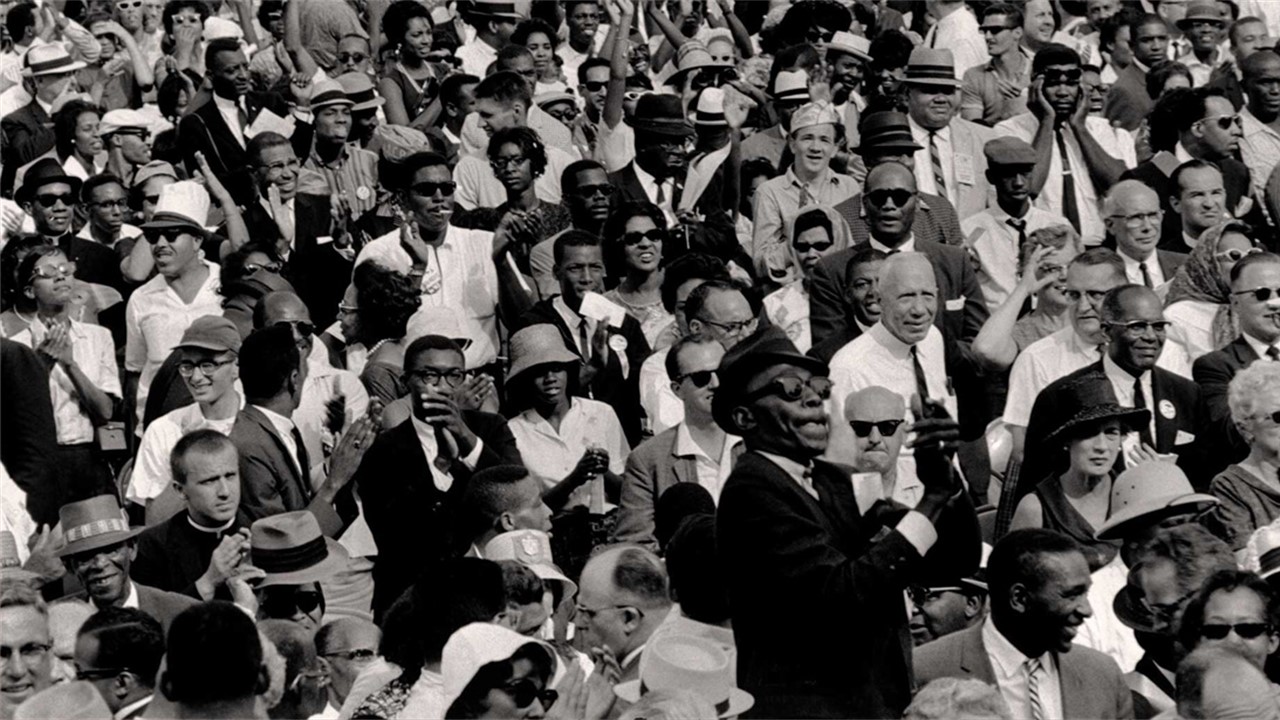
Some people from the groups that were said to be inherently inferior managed to make it into the mainstream, a few rising to the level of people in the dominant caste, one of them, in 2008, rising to the highest station in the land. This left some White working-class Americans in particular, those with the least education and the material security that it can confer, to face the question of whether the commodity that they could take for granted —their skin and ascribed race— might be losing value. Those in the dominant caste who found themselves lagging behind those seen as inherently inferior potentially faced an epic existential crisis. To stand on the same rung as those perceived to be of a lower caste is seen as lowering one’s status. In the zero-sum stakes of a caste system upheld by perceived scarcity, if a lower-caste person goes up a rung, an upper-caste person comes down. The elevation of others amounts to a demotion of oneself, thus equality feels like a demotion (p.183).
Despite many declaring the Obama Presidency as marking the “end of racism” in America, a majority of White voters did not vote for him. Additionally, it sparked a crisis for the caste system by threatening the centrality of White dominance.
The Trump Presidency
Contrary to many liberals saying that working class White voters are “voting against their interest”, Wilkerson contends that upholding the caste system promotes their longer-term goal of dominance (a status that has historically afforded them land, advantage, self-esteem, etc.), even if it was a subconscious assessment.
Political System
Politicians treat their bases in ways that are consistent with caste. Conservatives proudly rally their White bases, while Democrats are less enthusiastic about their base (possibly taking them for granted). They expend much effort trying to appeal to White voters at the margins, which reinforces White centrality.
(The-Bibliofile.com/ Caste)





